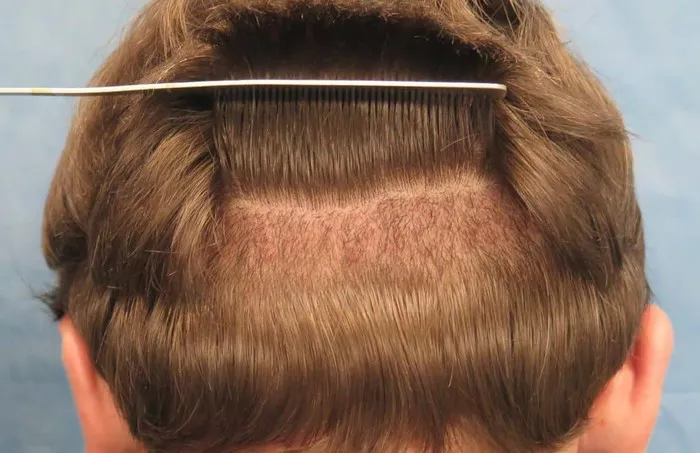Hair transplantation is a significant decision for those seeking a permanent solution to hair loss. While the procedure itself is a crucial step toward regaining confidence and a fuller head of hair, the post-transplant period is equally important. One common question that arises is, “Do I need to rest after hair transplantation?” In this article, we will explore the reasons behind the necessity of rest after a hair transplant and the best practices for a smooth recovery.
The Surgical Nature of Hair Transplantation: Understanding the Process
Hair transplantation is a surgical procedure that involves the removal of hair follicles from one part of the body (usually the back of the scalp) and their transplantation to areas with thinning or no hair. Despite being a minimally invasive procedure, it is essential to recognize that the body undergoes a healing process post-transplant.
The Need for Rest: Letting Your Body Heal
After a hair transplant, the recipient and donor areas require time to heal and adjust. The tiny incisions made during the procedure need to close, and the newly transplanted follicles need to establish themselves in their new location. This healing process is vital for the success of the transplant and the overall well-being of the patient.
Physical rest is crucial during the initial days following a hair transplant. Rigorous physical activity, heavy lifting, or activities that cause excessive sweating should be avoided to prevent complications such as bleeding, swelling, or dislodging of grafts. Resting allows the body to allocate energy towards the healing process instead of expending it on strenuous physical exertion.
Avoiding Sun Exposure: Protecting the Scalp
Sun exposure can be detrimental to the healing process after a hair transplant. The delicate skin on the scalp is susceptible to sunburn, which can cause discomfort and potentially harm the newly transplanted grafts. Resting indoors during the first week post-transplant and using protective measures like hats when venturing outside are essential practices.
Emotional Rest: Patience During the Growth Phase
While physical rest is critical, emotional rest is equally vital during the post-transplant period. Hair transplantation is not an instant fix, and the transplanted hair goes through a growth cycle. It’s normal for patients to experience excitement and anticipation, but managing expectations and allowing the hair to grow gradually is essential for a positive post-transplant experience.
Post-Operative Care: Following Guidelines for Optimal Healing
Adhering to post-operative care instructions provided by your surgeon is paramount. These guidelines are tailored to your specific case and contribute to the success of the transplant. They may include instructions on washing your hair, applying medications, and avoiding certain activities during the initial healing phase.
Maintaining cleanliness is crucial for preventing infection, but it’s essential to strike a balance when washing your hair post-transplant. Gently following your surgeon’s instructions for washing, using mild shampoos, and avoiding excessive manipulation of the transplanted area is key to a smooth recovery.
Duration of Rest: A Temporary Adjustment for Long-Term Gain
The duration of rest after a hair transplant varies from patient to patient and is influenced by factors such as the extent of the procedure, the individual’s healing capacity, and adherence to post-operative care. In general, most patients are advised to take it easy for the first few days to a week post-transplant.
Returning to Normal Activities: Gradual Resumption
Once the initial recovery period has passed, patients can gradually resume normal activities. However, it’s crucial to remain cautious and avoid activities that may compromise the healing process. Strenuous exercises, direct sun exposure without protection, and other potentially harmful activities should be approached with care.
Monitoring Healing Progress: Regular Follow-ups with Your Surgeon
Regular follow-up appointments with your surgeon are essential for monitoring the progress of the transplant and addressing any concerns. These appointments provide an opportunity for the surgeon to assess the healing process, answer any questions, and make necessary adjustments to the post-operative care plan.
See Also: Choosing the Best Hair Transplant in India: A Simple Guide
Conclusion
In conclusion, the need for rest after hair transplantation is grounded in the surgical nature of the procedure and the body’s natural healing process. Physical and emotional rest, adherence to post-operative care instructions, and patience during the hair growth phase are crucial elements for a successful and satisfying outcome.
By understanding the significance of rest and following the guidance provided by your surgeon, you pave the way for optimal healing and long-term results. Remember, hair transplantation is a journey, and the initial period of rest is a small investment for the substantial gains of regaining a natural, fuller head of hair and renewed confidence.


